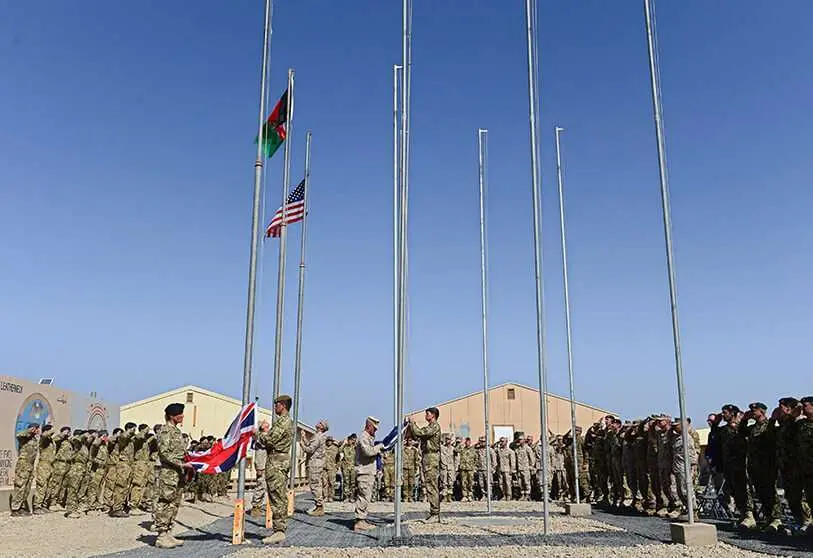Yankee, don’t go home!

The 20th anniversary of the 9/11 attacks, coupled with the chaotic US exit from Afghanistan, forces the media and its consumers to take comfort in the docile absolute concepts that are dismissed in the form of headlines. Anyone wishing to understand the intricate codes of geopolitics, mainly in their imperial trappings, will have to go far back in their studies. There he might find Gaius Claudius Glabrus or Publius Quintilius Varus.
Osama Bin Laden has symbolised, like Abu Bakr al-Baghdadi, Saddam Hussein or Muammar Gaddafi, the blind stubbornness of immolation for his own decade of historical fame: with the hornet's nest in turmoil, the umma remains equally or more divided, Al-Qaeda has become microscopically entangled and the Taliban are obliged to inject some pragmatism into their regime. Meanwhile, the various forms of Daesh, the enemy of Al-Qaeda and the Taliban, violently flicker on and off, indiscriminately puncturing the map of stability and support for global jihad.
In the war on terror, the US, amid the crushing and confusing tunnels through crushing victories and public humiliations, over the transformation of enemy dictatorships such as Iraq, Libya, Syria or Sudan into failed states, exposes its malleable invulnerability, which is twisting towards greater technological development deployed on top of reduced energy dependence and increased strength of its strategic rivals. All of this gives air to its continued dominance of the seas; from there it will continue to try to regulate the valve that constantly pumps a containment division.
The concrete objectives of that enterprise in Afghanistan have been met and it is relying on massive support from its citizens to withdraw in an unavoidable tactical withdrawal in order to focus on areas of greater relevance today, leaving in its wake a complex scenario for its adversaries. Only Pakistan can be satisfied: on the other hand, it is an invitation to greater involvement for India, a near bad memory for Russia and a bittersweet prospect for China, given the alliance between the Taliban and the Turkestan Islamic Party that seeks Sinkiang's independence from China.
Moreover, if the situation stabilises under Taliban control, economic opportunities lie ahead, such as US oil company Chevron's bid to bring natural gas from Turkmenistan to China, which would loosen Beijing's energy ties with Moscow.
After twenty years, the only radical change can be seen in the shift from the deafening cry against the war to the ubiquitous murmur of indignation at the withdrawal.
At the same time, the world continues to transform continuously amidst contradictions that pour out various kinds of simultaneous triumphs and defeats for all involved, be they a handful of mountain warriors, international terrorist networks, iron-fisted dictatorships, regional powers or the sole superpower.
Augusto Manzanal Ciancaglini, Political Scientist

